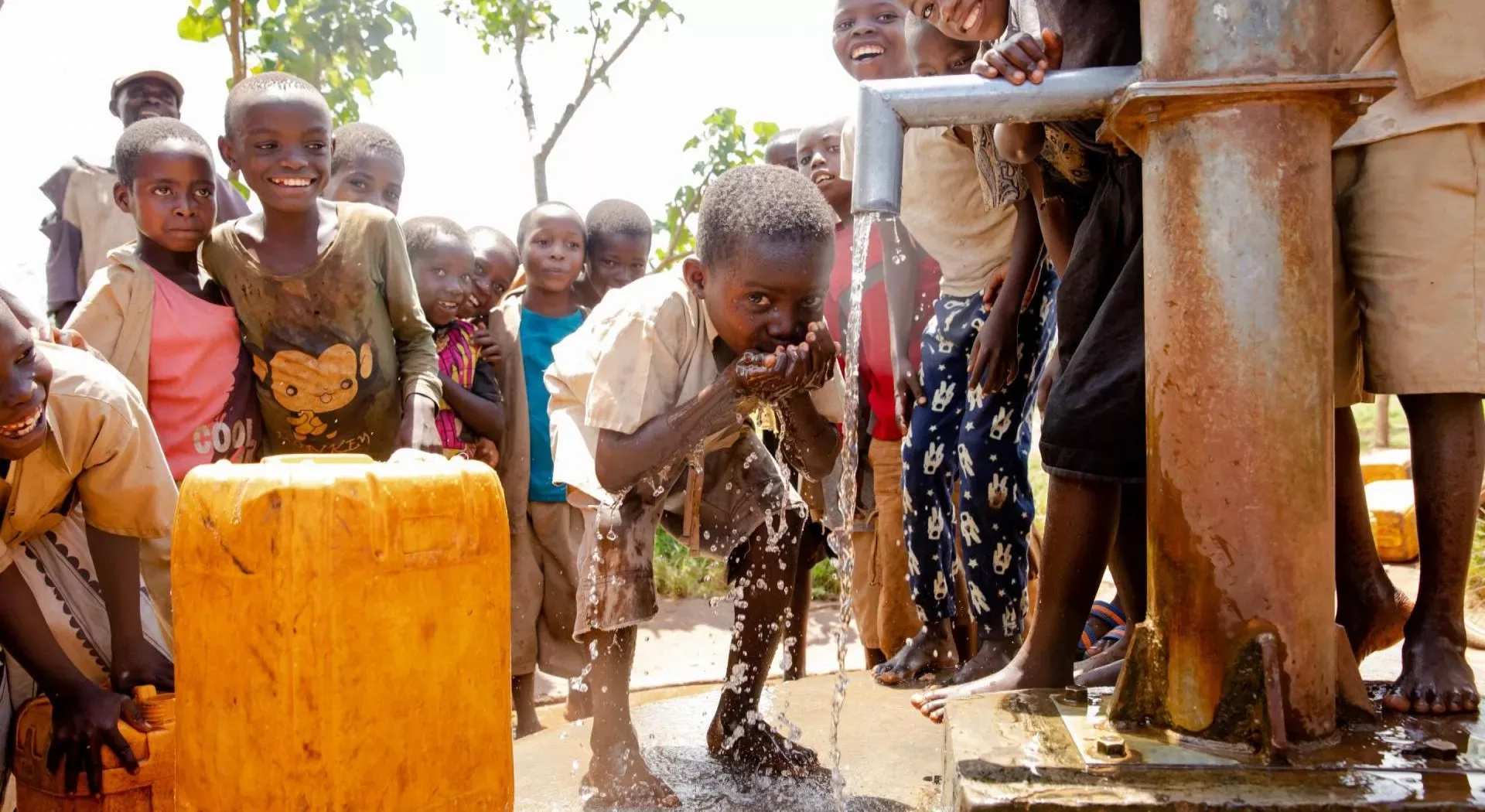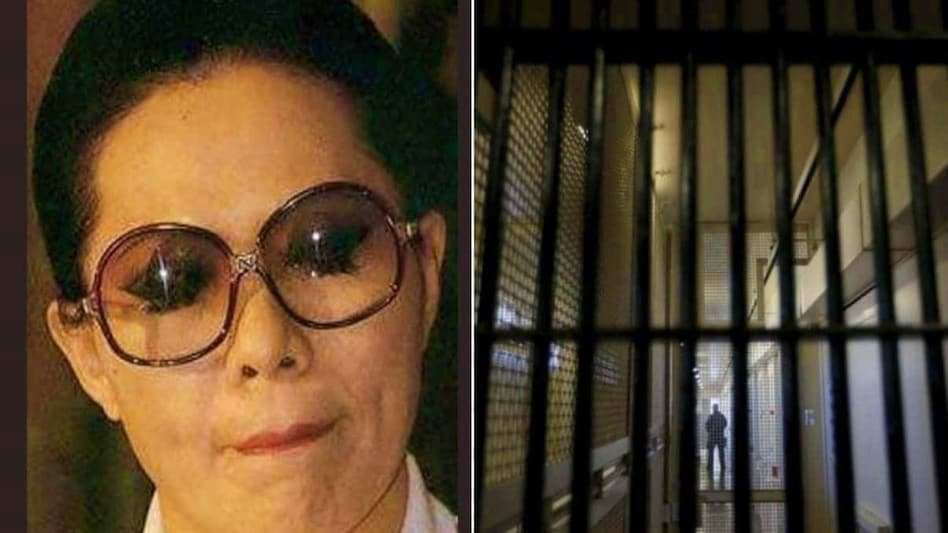Burundi, a small, landlocked nation in East Africa, holds the unfortunate title of being one of the poorest countries in the world. With a population of around 12 million, most Burundians rely on subsistence farming, facing economic struggles compounded by limited natural resources, political instability, and challenging geography. As of recent reports, Burundi’s GDP per capita remains among the lowest globally, and nearly 75% of its population lives below the poverty line.
The reasons behind Burundi’s poverty are complex. Decades of civil conflict and political instability have hindered growth and limited foreign investment. The country’s geography, marked by mountainous terrain, complicates agriculture and infrastructure development. Though fertile, its arable land is scarce and overused, leading to food shortages and soil degradation. Additionally, Burundi is heavily dependent on coffee and tea exports, making its economy vulnerable to global price fluctuations.
Despite these challenges, Burundi’s people display resilience. Community-based farming cooperatives have been initiated to improve crop yields, and small business programs support local entrepreneurs. Moreover, the government and international partners are working together to strengthen infrastructure, particularly in healthcare and education, to improve living standards and provide opportunities for the youth.
Access to education and healthcare remains a challenge but is gradually improving. Non-governmental organizations (NGOs) and international aid agencies are essential partners, providing food security programs, access to clean water, and educational resources. The United Nations, African Union, and other agencies are also instrumental in promoting peace and stability in the region.
Burundi’s journey highlights the resilience of its people. Although it faces significant obstacles, ongoing efforts to foster economic development, improve education, and stabilize governance offer hope. By addressing these critical issues, there is potential for a brighter future in one of the world’s most challenged countries.
Burundi: Poorest Country in the World and Its Poverty Struggle
Situated in the center of the green hills of East Africa, Burundi is a country known for its vibrant culture and the strength of its people. Nonetheless, it is frequently referred to as the poorest country in the world, hiding behind the title of the least wealthy with the most extreme definitions of poverty. Such a designation, albeit blunt, only gestures to the enormous scope of Burundi’s problems and to those individuals who tackle them with vast determination.
When it comes to poverty in Burundi, it is not only a matter of statistics. The current state of affairs is the result of the interplay between the country’s history, location, politics, and internal conflicts. More than 70% of the people are living under the poverty line. The supply of pure water, the provision of proper healthcare, and the education of people are a challenge especially in the countryside. Nevertheless, the desire to live, transform, and reconstruct still exists in the midst of misery.




